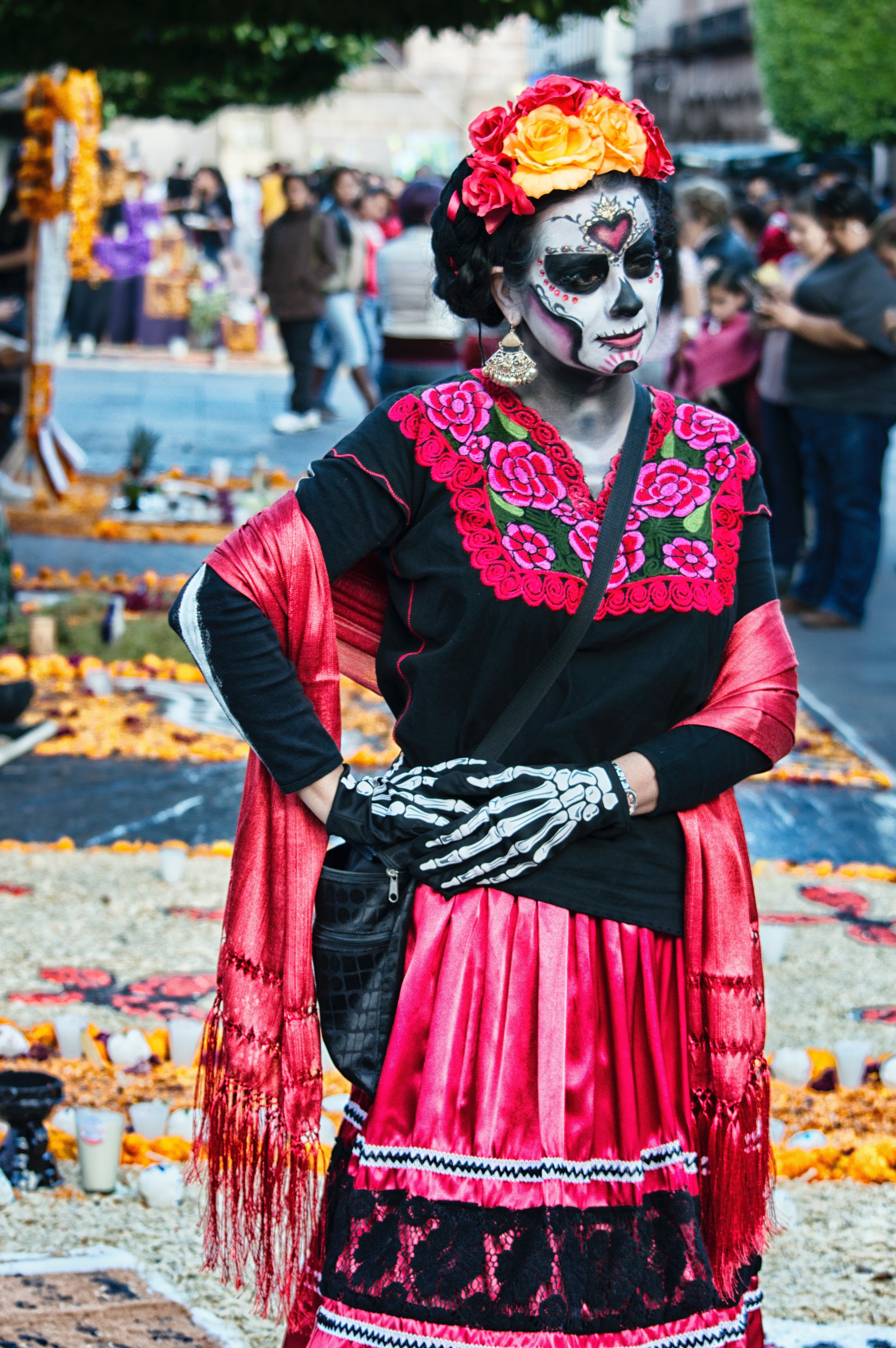
Feminist Activists in Mexico March to Protest Gender Violence
Written by Cecilia Otero on October 21, 2020
The World Health Organization defines femicide as “the intentional murder of women because they are women.” To many of us, this ultimate act of gender violence is the type of atrocious hate-crime that’s so unthinkable it hardly ever crosses our minds. However, Mexico has been dealing with an unprecedented femicide epidemic since the mid 1990s.
Amnesty International reports that between 1986 and 2009, an estimated 34,000 women in Mexico were victims of femicide. What’s worse is that those numbers are only climbing. Mexico’s female homicide rate hit an all time high in 2020, reporting 987 incidents of femicide within just the first four months.
Mexican officials have come under scrutiny for their extreme lack of action regarding the issue. Just last July, the Mexican government approved a 75% budget cut for the federal women’s institute. The budget cut came along with a proposal to pull government funding from non-government operated women’s shelters.
Mexico’s president, Andrés Manuel López Obrador, is currently facing severe backlash from feminist activists worldwide for claiming that 90% of emergency calls regarding domestic violence were “false”.
A Brief Timeline of Femicide in Mexico
- 1993: Juarez gains notable media attention after a string of missing women are found to have been murdered. As of 2020, the National Citizen Femicide Observatory reports that 6 women are killed every day in Juarez alone.
- 2012: Femicide is declared a national crime in Mexico.
- 2019: 1,006 femicides are reported in Mexico. This is a 10% increase since 2018.
- 2020: The COVID-19 pandemic causes lockdowns across the globe. This forces many women to be trapped with their abusers. Rates of domestic abuse reach an all time high.
An Explanation Behind the Violence
The sheer amount of gender violence in Mexico over the past handful of decades is absolutely inconceivable and you may find yourself asking- Why? Why are so many thousands of women murdered and how is it possible that it just keeps getting worse?
First of all, it’s important to note that in the scope of gender violence, femicide is hardly ever random. These types of murderers are very often the last straw in situations of domestic and sexual violence and abuse. Femicide is most often committed by intimate partners- Husbands and boyfriends. It should also be noted that femicide killings tend to be much more violent than other types of murders.
The femicide epidemic in Mexico is the brutal result of machismo, a cultural phenomenon that glorifies the power of men over women.
Another consequence of machismo is the fact that violent men rarely face repercussions for their actions. Sinaloan activist Natalia Reyes reports that on average, only 8% of femicides in Mexico are punished. Abusers are commonly met with impunity. In 2019, out of 976 gender related murders, only 82 convictions were made.
2020 Protests
Demonstrations and Marches
Un Día Sin Nosotras
On March 9, 2020, the day after International Women’s Day, women across Mexico participated in a 24-hour strike. The strike gained notoriety through the hashtag #undíasinnosotras, meaning “a day without us”. Thousands of women participated by staying home, skipping work, and abstaining from buying anything. It cost the Mexican economy the equivalent of approximately $1.42 billion (USD).
Occupation of the National Human Rights Commission
In early September, feminist activists seized the National Human Rights Commission in Mexico city. The building was occupied after an unsatisfactory meeting involving victims of abuse. The group felt that the National Human Rights Commission was not doing an adequate job in protecting Mexican women, so they kicked all government workers out and pushed their own way in. Now occupied by a combination of activists, victims, feminist collectives, and black bloc anarchists, the building is being used as a makeshift women’s shelter. In order to negotiate their peaceful exit, they have a long list of demands from the Mexican government, including fair justice in cases of gender-violence.


